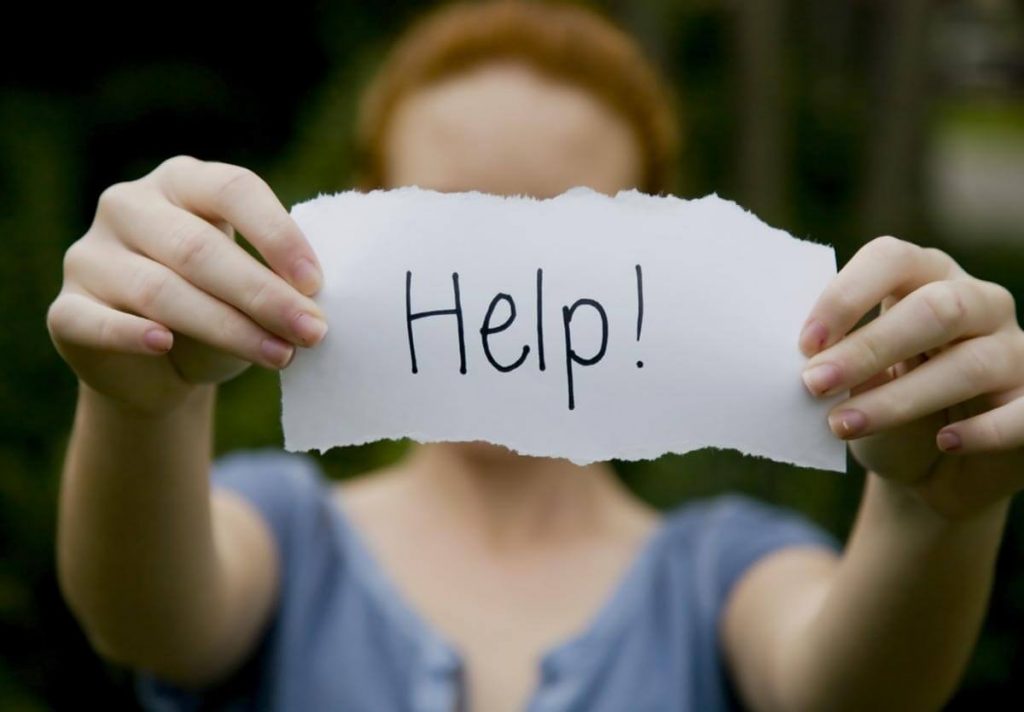Discontinuation of medicine can lead to relapse
Recovery in terms of a mental illness is referred to as a process of healing and change that enables individuals to regain their mental health and wellness so that they can resume their activities as before. In the case of psychological disorders, medicines sometimes take time to show results, extending to taking weeks and months too. If one medicine does not work, the doctor recommends another medicine which again, would require time to show its results. Taking medication for improvement in the condition is a time taking process which requires a lot of patience. Additionally, intake of drugs has many side effects which might make people resistant to taking their medicine or even stopping their medication. Discontinuation of medicine can result in the return of one’s original symptoms. This return of symptoms is of two types: relapse and recurrence.
Relapse:
Relapse refers to the return of symptoms within a short period of time, a situation that probably reflects the fact that the underlying episode has not yet run its course. It most commonly occurs when pharmacology is terminated prematurely – after symptoms have remitted but before the underlying episode is really over. These relapsed symptoms are even worse than the earlier symptoms because when a person stops taking medicines, he/she becomes relaxed at the fact that he/she has been treated but when they again develop symptoms, they become worse as they are not ready to deal with them any longer.
In cases of severe mental illnesses such as schizophrenia and bipolar disorder that require lifelong care, the possibility of relapse is very high. For common mental illnesses such as depression, a relapse could translate to the loss of productivity and low motivation or social interaction. For more severe mental illnesses, relapse can cause a drastic drop in everyday functions, trigger social withdrawal, experience delusions or hallucinations and become aggressive.
A person in recovery may begin to remember days of their drug abuse and view them in a positive manner; a positive view of all the perceived good times that they had can be a dangerous trigger as it plants the idea of abusing drugs again in their mind. This is a step towards mental relapse, which can quickly result in fully-fledged physical relapse. It is easy for an individual with an addiction to recall only the positives of their abuse and forget about all the anguish it may have caused them. Behavioral changes are often a clear warning sign of relapse as well – a sudden change in the way of acting of someone in recovery often precedes a relapse.
Some signs of relapse are:
- Sleep deprivation
- Loneliness
- Changes in appetite
- Feelings of uneasiness, inability to calm down
- Feeling tense or irritable
- Lack of care and attention to appearance and personal hygiene
- Inability to concentrate, being forgetful
- Unexplained pains and aches (for depression)
Recurrence:
Recurrence refers to the onset of new episodes of psychological disorder. It has a statistical probability of occurring to approximately 40-50% of people who are experiencing a depressive episode. The probability of recurrence increases with the number of prior episodic cases and also when a person suffers from co-morbid disorders. People who have some residual symptoms or are with significant psychological impairment are more likely to have recurrences on discontinuing their medication.
Moreover, moderate-quality evidence suggests the rates of relapse following a first episode of psychosis as being around 28% at one year post-treatment and up to 54% at three years post-treatment. The relapse rate following discontinuation of antipsychotics in people with chronic schizophrenia is marked around 38%. Besides, children and adolescents with a psychotic disorder were found to be more likely to be readmitted to a psychiatric hospital than children and adolescents with other psychiatric disorders.
It takes a lot of strength and effort to resist the temptation of being free and instead take the prescribed drugs or medicines daily and suffer from their side effects. So, when people stop their medication, they instantaneously feel happy and free – a feeling that they had been craving for a long time; but when they start having a comeback of their worst symptoms again, they are more likely to develop a more severe form of the particular psychological disorder that they have. This will make the disorder’s treatment even more difficult as symptoms can be treated to some extent but treating relapsed symptoms is altogether a very different and difficult task for both the patients and their psychiatrists.


